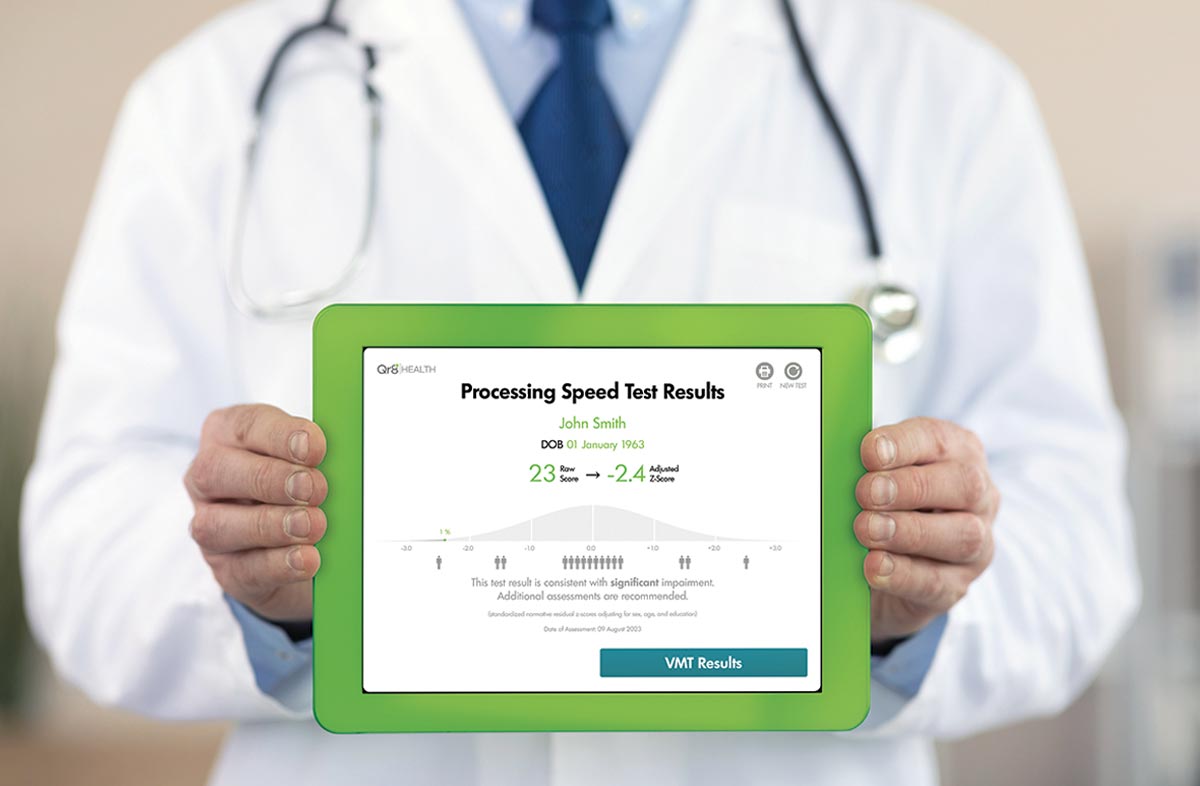Addressing the Challenge of Timely and Effective Intervention in At-Risk Communities
Access to timely and effective Alzheimer’s care remains a significant challenge for underserved communities. Socioeconomic barriers, limited healthcare access, and cultural stigmas contribute to delayed diagnoses and insufficient treatment. Digital innovations, like easy-to-use at-home and in-clinic cognitive assessments, are transforming Alzheimer’s care for underserved populations, providing equitable access to early detection and continuous patient management.
Understanding the Disparity in Alzheimer’s Diagnosis and Care
Research highlights that ethnic minorities and those living in rural areas are less likely to receive timely Alzheimer’s diagnoses. A UC Davis analysis of available research found:
- Minoritized populations often face disparities in care, including delays in receiving an Alzheimer’s diagnosis. On average, Black Americans wait 11% longer, and Hispanic Americans wait 40% longer compared to others.
- Asian American older adults are less likely to undergo diagnostic evaluations for cognitive impairment.
- Black and Hispanic Americans are less frequently referred for neuropsychological assessments. Additionally, these groups have lower rates of being prescribed anti-dementia treatments, such as cholinesterase inhibitors and memantine.
These disparities and delays in diagnosis and treatment prevent vulnerable patients from accessing critical support and negatively affect their quality of life.
Revolutionizing Alzheimer’s Care for Vulnerable Populations Through Digital Innovation
Digital health tools, such as browser-based cognitive screening platforms, are reshaping Alzheimer’s care delivery. These tools enable patients to conduct screenings from the comfort of their homes, overcoming common barriers like transportation and clinic accessibility.
| Expanding Reach with Browser-Based Technology | Browser-based cognitive tools require only a smartphone or computer with an internet connection, making them accessible to patients in even the most remote areas. This technology eliminates the need for travel and facilitates earlier interventions. |
| Reducing Stigma Through Private, At-Home Screenings | For many, especially in communities where dementia carries a stigma, seeking a diagnosis can be intimidating. At-home digital screening offers a discreet and convenient option, encouraging individuals to take proactive steps without fear of social judgment. |
| Integrating into Healthcare Workflows Seamlessly | Digital cognitive tools can be easily incorporated into existing healthcare systems. Physicians can trigger assessments via text, email, or MyChart, simplifying patient engagement and enabling efficient follow-up care. |
Building a Future of Equitable Alzheimer’s Care
The potential of digital health tools to democratize access to Alzheimer’s care in underserved populations is profound. By breaking down barriers and facilitating early detection, these innovations can improve outcomes for underserved populations. Collaboration among healthcare providers, policymakers, and technology developers is essential to ensure these tools meet the diverse needs of all communities.
At Qr8 Health, we are committed to advancing the mission of equitable care. Our digital solutions enhance accessibility, streamline workflows, and ensure all patients receive the care they need. As we observe Alzheimer’s Month, we invite everyone to join us in breaking barriers and building a future where timely diagnosis and quality care are accessible to all. Together, we can create lasting change.






